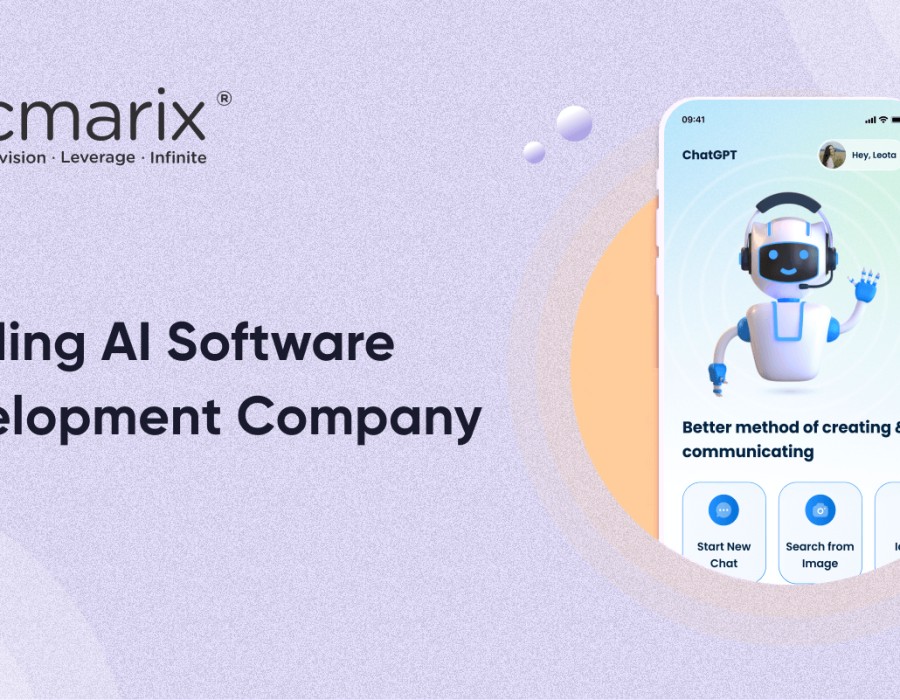The two realms differ significantly, with AI development ushering in a new era of adaptive, learning systems that can evolve and optimize autonomously.
Unlike traditional programming, where explicit instructions dictate actions, AI software dynamically learns from data, raising intriguing questions about its ethical use and decision-making processes. The unpredictability of AI algorithms contrasts sharply with the deterministic nature of traditional coding, prompting considerations on accountability and transparency.
As AI-driven applications permeate various industries, questions arise about potential job displacement, algorithmic biases, and the ethical implications of machines making complex decisions. Navigating this technological frontier sparks inquiries into the future of creativity, human-machine collaboration, and the ethical responsibility of developers. Amidst the evolving landscape, readers are prompted to ponder the ethical, social, and technological dimensions of these two distinct paradigms, exploring the profound impact they have on the fabric of our digital future.
As we stand at the crossroads of these two paradigms, we contemplate the future of creativity, the dynamics of human-machine collaboration, and the ethical responsibilities that lie with developers.
Considering all the facts, concern does often cross our minds that What does the integration of AI-driven applications with AI Software Development mean for industries and employment? How do we ensure fairness in algorithmic decision-making? These reflections beckon us to consider not only the technological advancements but also the profound societal and ethical dimensions, urging readers to actively engage in shaping the narrative of our evolving digital landscape.
Let us know what do you think of this!






Comments